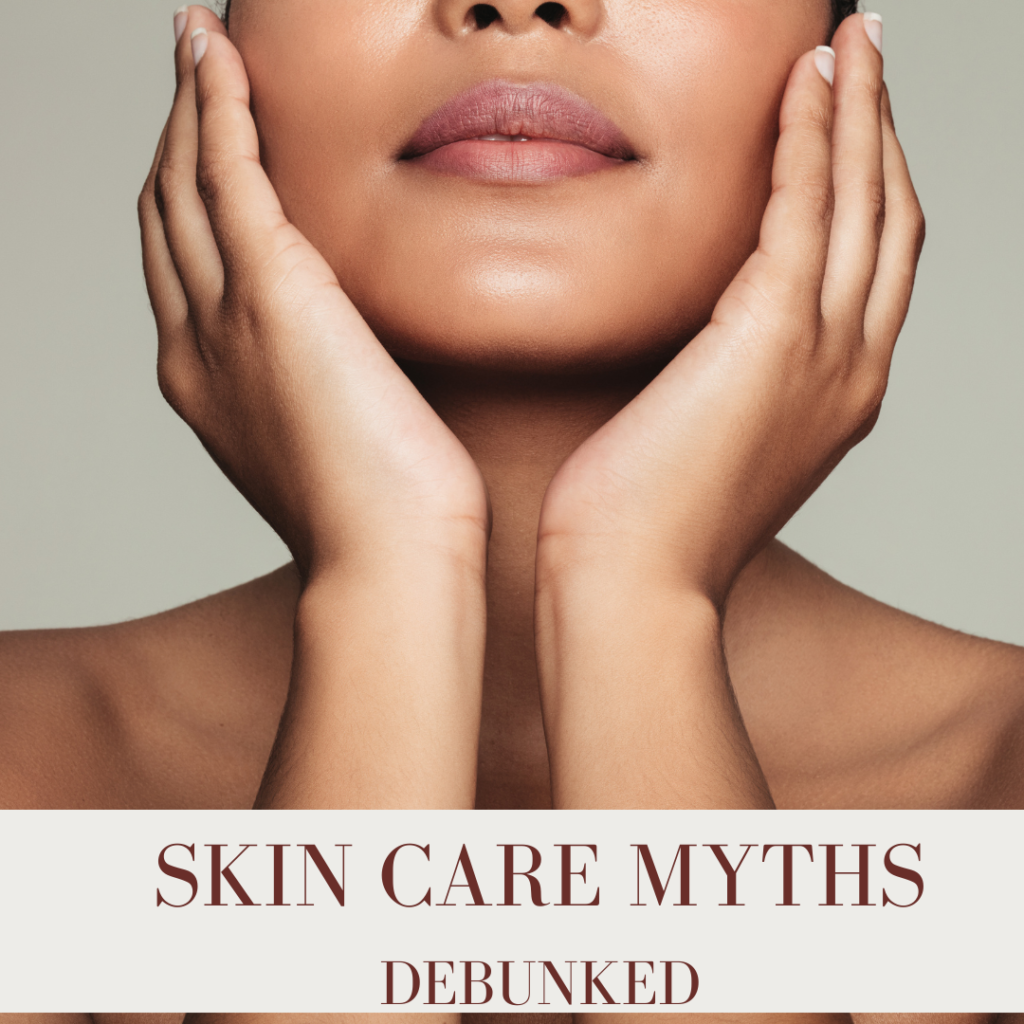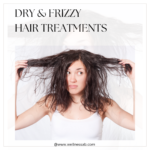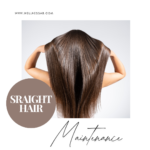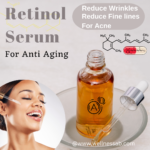
Table of Contents
Introduction
Skin care is an essential part of our daily routines, yet it is also riddled with myths and misconceptions. From old wives’ tales to misinformation spread through social media, many of these myths can do more harm than good. This article aims to debunk common skin care myths and provide accurate information to help you achieve healthier skin.
Types and Categories of Skin care Myths
General Skin care Myths
Skincare Routines
Myth: You need a complicated 10-step skincare routine for healthy skin.
Truth: A simple routine that includes cleansing, moisturizing, and sun protection can be highly effective. The key is consistency and using products suited to your skin type.
Natural vs. Synthetic Products
Myth: Natural products are always better for your skin.
Truth: Both natural and synthetic products can be effective. What matters is the formulation and how your skin reacts to it. Some natural ingredients can cause allergic reactions, while some synthetic ingredients are highly beneficial.
Product-Specific Myths
Sunscreen
Myth: You only need sunscreen on sunny days.
Truth: UV rays can penetrate through clouds and windows, making sunscreen necessary every day, regardless of the weather.
Moisturizers
Myth: Oily skin doesn’t need moisturizer.
Truth: All skin types need hydration. Skipping moisturizer can lead to increased oil production as your skin tries to compensate for the dryness.
Anti-Aging Products
Myth: Anti-aging products are only for older individuals.
Truth: Starting a good skin care routine, including anti-aging products, in your 20s can help prevent early signs of aging and maintain skin health over time.
Skin Type Myths
Oily Skin
Myth: Oily skin doesn’t need hydration.
Truth: Oily skin still needs moisture. Using the right type of moisturizer can help balance oil production and prevent breakouts.
Dry Skin
Myth: Drinking more water can cure dry skin.
Truth: While staying hydrated is important, external factors like moisturizers are crucial for managing dry skin effectively.
Sensitive Skin
Myth: Sensitive skin shouldn’t use exfoliants.
Truth: Gentle exfoliation can benefit sensitive skin by removing dead skin cells and promoting cell turnover. The key is to choose products specifically designed for sensitive skin.
CHECK OUT 5 ESSENTIAL SKIN CARE TIPS FOR DIFFERENT AGE GROUPS
Lifestyle and Skincare Myths
Diet and Skin Health
Myth: Eating greasy food causes oily skin. Truth: While diet can affect skin health, there is no direct link between eating greasy food and having oily skin. However, a balanced diet rich in vitamins and antioxidants is beneficial for overall skin health.
Sleep and Skin
Myth: You can catch up on sleep over the weekend.
Truth: Consistent, quality sleep is essential for skin health. Irregular sleep patterns can lead to issues like dark circles, dullness, and breakouts.
Stress and Skin
Myth: Stress has no impact on skin.
Truth: Stress can exacerbate skin conditions like acne, eczema, and psoriasis. Managing stress through healthy habits can improve skin health.
Symptoms and Signs of Misinformation
Misleading Advertising
False Claims: Some products promise miraculous results that are not backed by science. It’s important to be skeptical of too-good-to-be-true claims.
Overpromising Results: Advertisements often exaggerate the benefits of a product. Always look for products with proven efficacy.
Social Media Influence
Viral Trends: Social media trends can spread misinformation quickly. It’s crucial to verify the credibility of the source before following skin care advice. Influencer Recommendations: Influencers may not have the necessary expertise in skin care. Their recommendations can be biased or based on sponsorships.
Cultural and Traditional Beliefs
Age-old Practices: Some traditional skin care practices are based on outdated information. Modern skincare science often provides better alternatives.
Cultural Skincare Routines: Cultural routines might not suit everyone, as skin types and needs vary significantly.
Causes and Risk Factors of Skincare Myths
Lack of Education
Inadequate Skincare Knowledge: Many people do not have access to reliable skincare information, leading to the perpetuation of myths.
Misinterpretation of Scientific Data: Without proper understanding, scientific findings can be misinterpreted and spread as myths.
Marketing Tactics
Misleading Marketing: Companies often use misleading marketing tactics to sell their products. This can contribute to the spread of skin care myths. Celebrity Endorsements: Celebrities endorsing products can lead to the assumption that those products are universally effective, which is not always the case.
Peer Influence
Advice from Friends and Family: Well-meaning advice from friends and family can sometimes be based on myths rather than facts. Popular Misconceptions: Widely held beliefs are often mistaken for truths, especially when shared among peer groups.
Diagnosis and Tests for Myth Busting
Scientific Research
Peer-reviewed Studies: Trust studies that have been peer-reviewed and published in reputable journals. These studies undergo rigorous scrutiny before publication.
Clinical Trials: Products that have undergone clinical trials provide evidence-based results, ensuring their efficacy and safety.
Dermatologist Advice
Professional Consultations: Consulting a dermatologist can provide personalized and accurate skin care advice.
Reliable Sources of Information: Dermatologists and skin care experts often share valuable insights through articles, blogs, and social media.
Product Testing
Patch Tests: Performing patch tests before using a new product can help identify potential allergic reactions or irritations.
User Reviews and Feedback: Genuine user reviews can provide insights into the effectiveness and potential issues with a product.
Treatment Options for Correcting Skincare Misconceptions
Educational Resources
Books and Articles: Reading books and articles by reputable dermatologists and skincare experts can enhance your understanding of skincare.
Professional Guidance
Dermatologist Visits: Regular visits to a dermatologist can help tailor a skin care routine to your specific needs.
Skincare Specialists: Seeking advice from licensed skin care specialists can ensure you receive accurate and effective recommendations.
Evidence-Based Practices
Using Proven Products: Choose products with proven efficacy and safety records. Look for ingredients that have been scientifically validated.
Adopting Scientifically Backed Routines: Follow routines that are backed by scientific evidence rather than trends or hearsay.
Preventive Measures Against Skincare Myths
Staying Informed
Following Reputable Sources: Follow dermatologists, skincare scientists, and reputable skincare brands on social media for accurate information.
Keeping Up with Scientific Advancements: Stay updated on the latest research and advancements in skin care science.
Critical Thinking
Questioning Claims: Always question the validity of bold claims made by skin care products. Look for scientific backing.
Analyzing Ingredient Lists: Understanding ingredients and their effects can help you make informed decisions about skin care products.
Community Support
Joining Skincare Forums: Participate in skin care forums where you can share experiences and gain insights from others.
Sharing Accurate Information: Spread accurate information within your community to help combat the spread of skin care myths.
Personal Stories or Case Studies
Real-life Impact of Skincare Myths
Negative Effects Experienced: Individuals share stories of how following skincare myths led to adverse effects like breakouts, irritation, or long-term skin damage.
Successful Myth Debunking: Stories of individuals who overcame skin care myths and saw positive changes in their skin health by following accurate information.
Transformation Stories
Before and After Using Correct Information: Personal accounts of how adopting scientifically-backed skincare practices transformed their skin.
Long-term Benefits: Testimonies on the sustained improvements in skin health after debunking and moving away from skin care myths.
Expert Insights on Skin care Myths
Dermatologist Quotes
Professional Opinions: Dermatologists provide their expert opinions on common skincare myths and misconceptions.
Recommendations for Common Issues: Expert tips and recommendations for addressing common skincare concerns like acne, aging, and sensitivity.
Skincare Researchers
Insights from Scientific Studies: Researchers share insights from their studies, highlighting the evidence against popular skincare myths.
Clarifications on Popular Myths: Scientific clarifications on myths like “natural is always better” or “you don’t need sunscreen indoors.”
Conclusion
Debunking skin care myths is crucial for maintaining healthy skin. By relying on accurate information, consulting professionals, and staying informed, you can avoid the pitfalls of common misconceptions and develop a skin care routine that truly benefits your skin.











